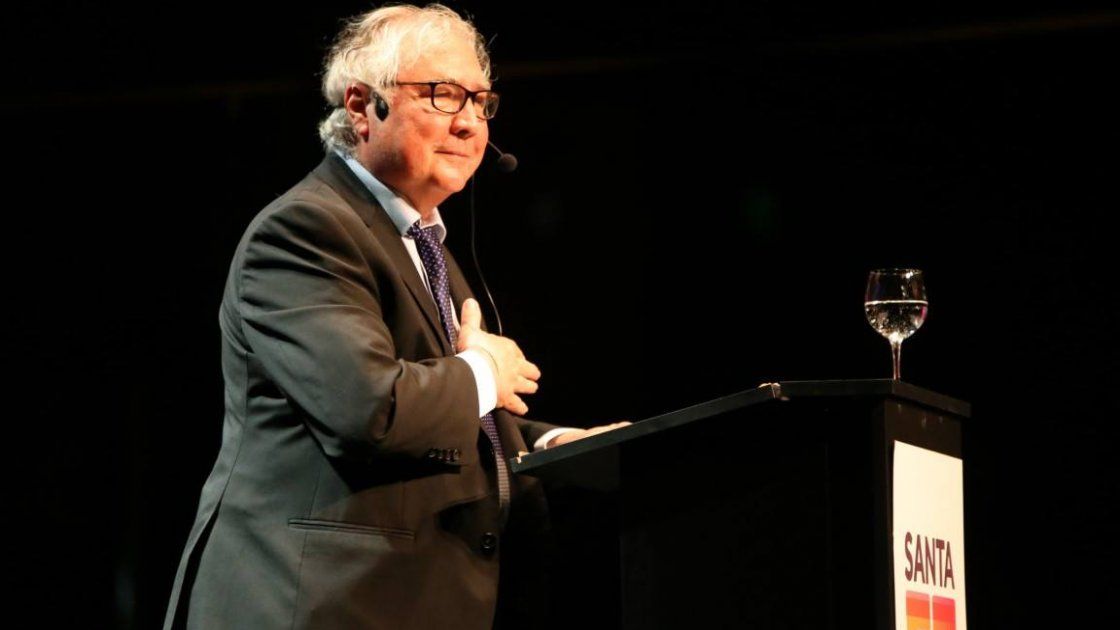
- #Manuel castells the internet galaxy pdf how to
- #Manuel castells the internet galaxy pdf pdf
- #Manuel castells the internet galaxy pdf series
So his tirade against the dehumanising, dumbing-down impacts of networked technology – as in the way "Remix culture" is parasitic on genuine creative activity, for example – is well-informed and acute, as are his attacks on "hive mind" and what he calls "Digital Maoism". He is also a composer who has recorded with artists like John Lennon and Philip Glass. On the contrary: he was one of the pioneers of Virtual Reality (VR) technology in the 1980s and later became a developer of medical applications of VR. What gives it its special power is the fact that Lanier is not your average technophobe. If you wanted a powerful antidote to technological utopianism then this manifesto is it. His essay about Linux, In the Beginning was the Command Line, for example, is a terrific read. Unusually for a novelist, Stephenson is also very knowledgeable about computing. Reamde (a play on a common filename – Readme – in computer systems) takes in online gaming, cybercrime, MI6 and the Russian mafia, inter alia, in an intriguing blend of thriller and nerdy realism. Stephenson is the Thomas Pynchon of the internet, a writer of sprawling, compulsively readable, fiction with plots into which the network is inextricably woven. One of its more striking features is the casual way it accepts the internet as the unremarkable, taken-for-granted background against which the adventures of its geek hero, Arjun Medha, are set.


Hari Kunzru's second novel more or less single-handedly created a new genre – what one might call Geek Lit.
#Manuel castells the internet galaxy pdf pdf
Available from all good bookshops – or as a free pdf download from / 4.
#Manuel castells the internet galaxy pdf how to
The Future of the Internet, and How To Stop It by Jonathan ZittrainĪ great analysis by a Harvard legal scholar (and former geek) of how the internet came to be such an enabler of disruptive innovations – and a sobering treatise on how its success at disruption may contain the seeds of the network's destruction – or at any rate its "capture" by the established commercial and political order. Among the book's many attractions is the fact that if you don't want to buy it in the normal way from Yale University Press you can download the pdf free from.

Benkler's massive book is the most comprehensive analysis we have of the significance of "peer production," – creative activity enabled by the internet that takes place outside of the market system. The Wealth of Networks by Yochai BenklerĪ self-conscious tribute to Adam Smith, whose book The Wealth of Nations became capitalism's bible, with its argument that free market economies are more productive and beneficial than any of the alternatives.
#Manuel castells the internet galaxy pdf series
But this volume, distilled from a series of lectures he gave in Oxford, provides the best overview we have of the internet phenomenon. Manuel Castells is the leading sociologist of cyberspace, and much of his scholarly writing is hard going for amateurs. If you're interested, it's a good idea to read the following 10 books as well." 1. This led to the idea of a book with nine chapters – the nine things you really need to know about the net.

But how many? Then I remembered a famous paper published by the psychologist George Miller which argued that on average people can hold seven discrete ideas (plus or minus two) in short-term memory. So, in the end, I asked myself the question: what would you really need to know in order to understand the significance of the internet? The answer is that you need to understand a smallish number of Big Ideas. What astonished me in these conversations, as the internet morphed from something exotic (like space travel) to something mundane (like mains electricity), was the extent to which it was misunderstood – even by people who were otherwise knowledgeable and well-informed. And this in turn led to many conversations over the years with politicians, policymakers and business leaders. Irritated by the ignorance implicit in this, I wrote A Brief History of the Future which told the story of how the internet came about. Unusually for someone working in UK newspapers, though, I'm also an engineer – a profession generally patronised by British media elites which in the 1990s used to deride the internet as 'the Citizen Band radio de nos jours' (as a leading newspaper editor put it to me once). "I've been an academic and a journalist all my working life, so you could say I've got a foot in both graves, as my famous countryman, Conor Cruise O'Brien, used to say. His new book, From Gutenberg to Zuckerberg: what you really need to know about the Internet, is published this month by Quercus Books.īuy From Gutenberg to Zuckerberg at the Guardian bookshop P rofessor John Naughton is an Irish academic and journalist based in Cambridge who is also well-known as a historian of the internet.


 0 kommentar(er)
0 kommentar(er)
